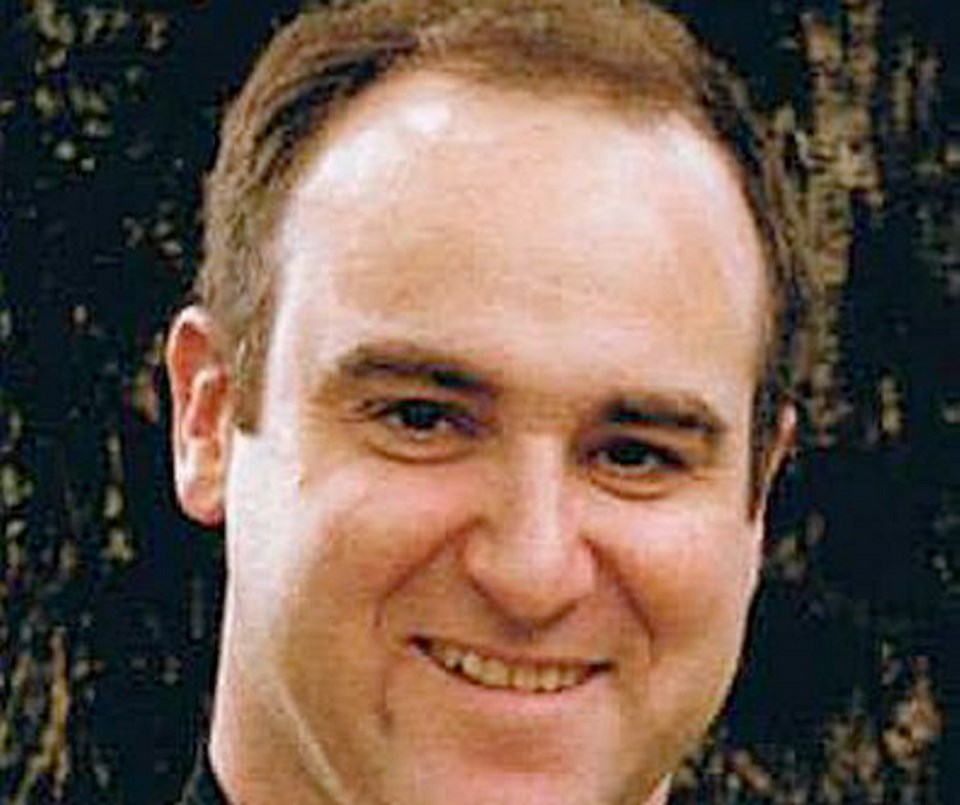A Victoria man who murdered a friend’s mother and grandmother for inheritance money 31 years ago has been granted a bit more freedom.
Derik Lord, who has been on day parole for 10 months, will now be able to spend some nights with his family.
On Dec. 16, the Parole Board of Canada continued Lord’s day parole for another six months and authorized overnight leave to assist his reintegration into society.
Lord, now 47 and married with a son, is allowed to live at a community residential facility and work at a camp in northern B.C., under his parole conditions.
He is serving a life sentence for the first-degree murders of Sharon Huenemann, 47, and her 69-year-old mother, Doris Leatherbarrow. He and David Muir killed the women after their Mount Douglas Secondary School classmate Darren Huenemann promised them part of a $4-million inheritance.
The two 17-year-olds planned the murder, going to Leatherbarrow’s home in Tsawwassen on Oct. 5, 1990, where they were invited for dinner. They bludgeoned the women repeatedly on their heads with a crowbar, rendering them unconscious. Then they slit their throats, leaving them to bleed to death.
Lord and Muir ransacked the house to make the killings look like a robbery, taking cash from the dead women’s purses.
In 1992, all three were convicted of first-degree murder and sentenced to life in prison. Lord’s attempts to appeal his sentence and convictions have been unsuccessful.
Lord and Muir were both eligible for parole after 10 years because they were young offenders. Muir, the only one of the three to admit his role in the killings, has been on full parole since 2003.
Huenemann, who has changed his surname to Gowan, tried unsuccessfully to escape from prison in 1995. He remains in custody. In 2020, he applied for an unescorted temporary absence, but the application was denied.
The board considered a number of victim-impact statements from surviving family members on Lord’s file. The statements cite frustration, trauma and psychological harm from the murders. Family members say Lord’s continued denial of the crimes has compounded their grief. They have opposed his release, saying they fear for their safety.
The board noted that at past hearings, Lord described a chaotic childhood where he was moved around a lot, felt isolated and had trouble making positive friendships. Lord was bullied and became a bully himself.
A 2017 psychological assessment found Lord was at low to moderate risk for violent reoffending, but that his problems with insight, empathy and taking responsibility for the crime increase his risk for violence. The assessment said Lord’s denial of the murders means he has not addressed his risk factors.
However, this most recent parole board decision says Lord has adjusted well to living outside prison, working in a wood shop and working with a spiritual advisor and trauma counsellor.
He has continued to build community support. His wife and son have moved to be closer to him and he has been allowed to visit them at their home.
Lord’s case-management team believes his risk is manageable in the community on day parole with special conditions. They support a gradual, expanded release with overnight leave to establish family relationships and help his reintegration back into the community, the decision says.
Ultimately, the board found Lord does not present an undue risk to society.
While on day parole, he must have no contact with members of the victims’ families or Crown witnesses. He is not allowed to travel to Vancouver Island or the Lower Mainland. Lord must not associate with any person involved in criminal activity or substance abuse. He must also follow a treatment program arranged by his parole office to deal with violence, reintegration and his personal and emotional well-being.



